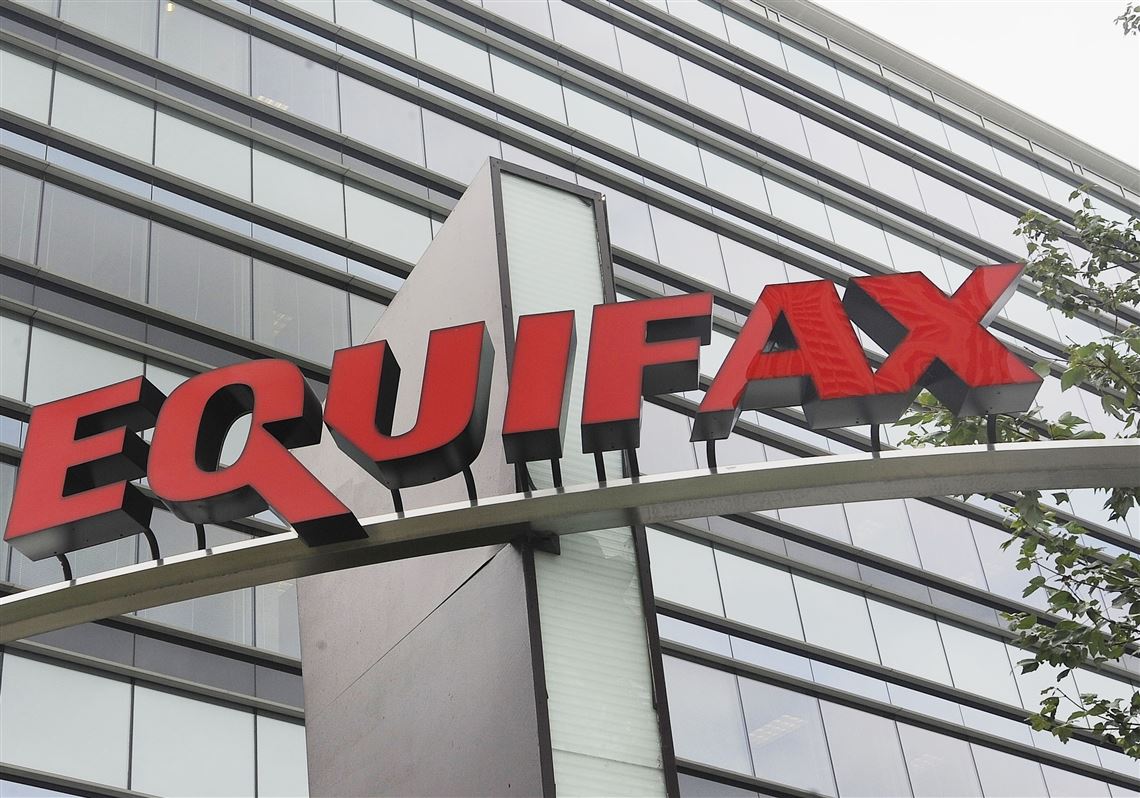- Joined
- Dec 6, 2010
- Messages
- 33,439
- Reaction score
- 5,725
There are currently two leading theories as to what really happened to that enormous stack of personal information on 143 million Americans:
1) Investigators with criminal backgrounds think the terabytes of sensitive information stolen from Equifax is simply "too hot" for the hackers to try to sell.
2) Investigators from the intelligence community think the data disappeared and wouldn't ever see the light of day, because it's stolen by a foreign government.
I'm leaning towards the later, though it's much more likely that the stolen identities could be used by current operatives rather than recruiting new spies.
----
On Sept. 7, 2017, the world heard an alarming announcement from credit ratings giant Equifax: In a brazen cyberattack, somebody had stolen sensitive personal information from more than 140 million people, nearly half the population of the U.S.
It was the consumer data security scandal of the decade. The information included Social Security numbers, driver’s license numbers, information from credit disputes and other personal details. CEO Richard Smith stepped down under fire. Lawmakers changed credit freeze laws and instilled new regulatory oversight of credit ratings agencies.
Then, something unusual happened. The data disappeared. Completely.
CNBC talked to eight experts, including data “hunters” who scour the dark web for stolen information, senior cybersecurity managers, top executives at financial institutions, senior intelligence officials who played a part in the investigation and consultants who helped support it. All of them agreed that a breach happened, and personal information from 143 million people was stolen.
But none of them knows where the data is now. It’s never appeared on any hundreds of underground websites selling stolen information. Security experts haven’t seen the data used in any of the ways they’d expect in a theft like this — not for impersonating victims, not for accessing other websites, nothing.
But as the investigations continue, a consensus is starting to emerge to explain why the data has disappeared from sight. Most experts familiar with the case now believe that the thieves were working for a foreign government and are using the information not for financial gain, but to try to identify and recruit spies.
Read the rest at:
https://www.cnbc.com/2019/02/13/equifax-mystery-where-is-the-data.html
1) Investigators with criminal backgrounds think the terabytes of sensitive information stolen from Equifax is simply "too hot" for the hackers to try to sell.
2) Investigators from the intelligence community think the data disappeared and wouldn't ever see the light of day, because it's stolen by a foreign government.
I'm leaning towards the later, though it's much more likely that the stolen identities could be used by current operatives rather than recruiting new spies.
----
The great Equifax mystery: 17 months later, the stolen data has never been found, and experts are starting to suspect a spy scheme
By Kate Fazzini | Published Wed, Feb 13 2019

Richard Smith, former chairman and CEO of Equifax Inc., testifies before House Energy and Commerce hearing on “Oversight of the Equifax Data Breach: Answers for Consumers” on Capitol Hill in Washington, October 3, 2017.
By Kate Fazzini | Published Wed, Feb 13 2019

Richard Smith, former chairman and CEO of Equifax Inc., testifies before House Energy and Commerce hearing on “Oversight of the Equifax Data Breach: Answers for Consumers” on Capitol Hill in Washington, October 3, 2017.
On Sept. 7, 2017, the world heard an alarming announcement from credit ratings giant Equifax: In a brazen cyberattack, somebody had stolen sensitive personal information from more than 140 million people, nearly half the population of the U.S.
It was the consumer data security scandal of the decade. The information included Social Security numbers, driver’s license numbers, information from credit disputes and other personal details. CEO Richard Smith stepped down under fire. Lawmakers changed credit freeze laws and instilled new regulatory oversight of credit ratings agencies.
Then, something unusual happened. The data disappeared. Completely.
CNBC talked to eight experts, including data “hunters” who scour the dark web for stolen information, senior cybersecurity managers, top executives at financial institutions, senior intelligence officials who played a part in the investigation and consultants who helped support it. All of them agreed that a breach happened, and personal information from 143 million people was stolen.
But none of them knows where the data is now. It’s never appeared on any hundreds of underground websites selling stolen information. Security experts haven’t seen the data used in any of the ways they’d expect in a theft like this — not for impersonating victims, not for accessing other websites, nothing.
But as the investigations continue, a consensus is starting to emerge to explain why the data has disappeared from sight. Most experts familiar with the case now believe that the thieves were working for a foreign government and are using the information not for financial gain, but to try to identify and recruit spies.
Read the rest at:
https://www.cnbc.com/2019/02/13/equifax-mystery-where-is-the-data.html
Last edited:



